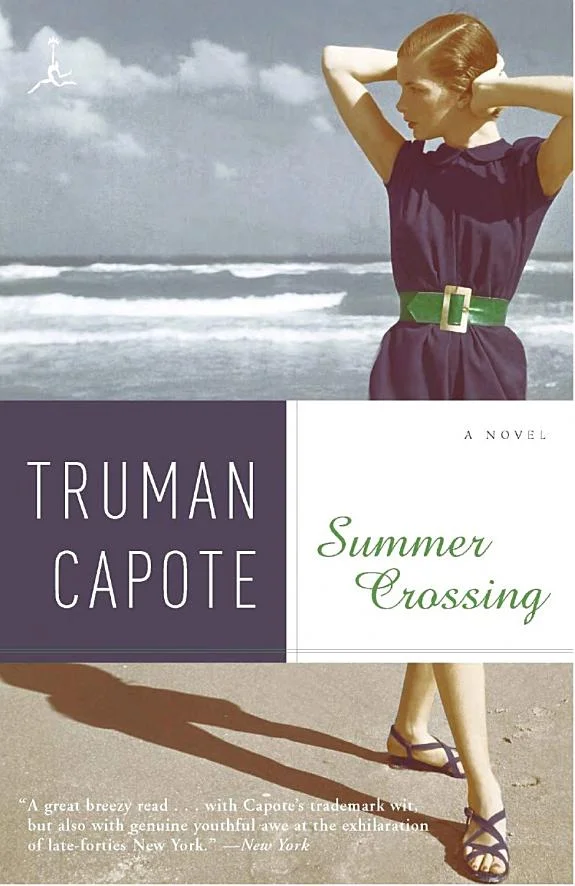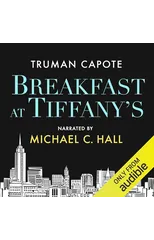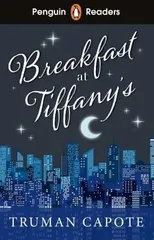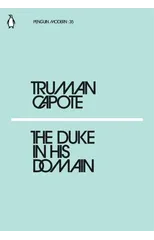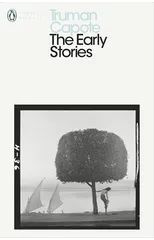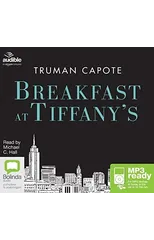“Witness the coming together of Truman Capote’s voice, the electric-into-neon blaze that is surely one of the premier styles of postwar American literature.”—The Washington Post Book World “A great breezy read . . . with Capote’s trademark wit, but also with genuine youthful awe at the exhilaration of late-forties New York.”—New York A lost treasure only recently found, Truman Capote’s Summer Crossing is a precocious, confident first novel from one of the twentieth century’s greatest writers. Set in New York just after World War II, the story follows a young carefree socialite, Grady McNeil, whose parents leave her alone in their Fifth Avenue penthouse for the summer. Left to her own devices, Grady turns up the heat on the secret affair she’s been having with a Brooklyn-born Jewish war veteran who works as a parking lot attendant. As the season passes, the romance turns more serious and morally ambiguous, and Grady must eventually make a series of decisions that will forever affect her life and the lives of everyone around her.
Truman Capote
Truman Capote was an American author known for his innovative literary style and groundbreaking contributions to literature. His most notable works include "Breakfast at Tiffany's" and "In Cold Blood," which blend fiction and nonfiction in a unique and compelling way. Capote's writing is characterized by its vivid imagery, poetic language, and keen attention to detail. He is credited with popularizing the genre of literary journalism and was a pioneer in the development of true crime writing. "In Cold Blood," a nonfiction novel that chronicles the brutal murder of a Kansas family, is widely regarded as his most famous work and has had a lasting impact on the true crime genre. Truman Capote's legacy continues to influence writers and readers alike, making him a key figure in American literature.
